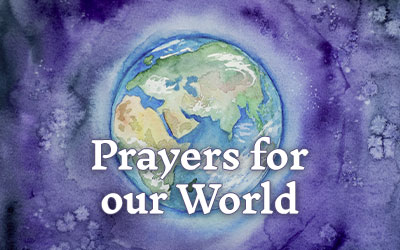Containing Russia's Advances

(From Stratfor The Geopolitics of Russia: Permanent Struggle, April 15, 2012)
From the Russian point of view, creating a sphere of influence that would return Russia to its relatively defensible imperial boundaries is imperative. Obviously, forces in the peripheral countries as well as great powers outside the region will resist. For them, a weak and vulnerable Russia is preferable, since a strong and secure one develops other appetites that could see Russia pushing along vectors such as through the Skagerrak toward the North Sea, through the Turkish Straits toward the Mediterranean and through La Perouse Strait toward Japan and beyond.
Russia's essential strategic problem is this: It is geopolitically unstable. The Russian Empire and Soviet Union were never genuinely secure. One problem was the North European Plain. But another problem, very real and hard to solve, was access to the global trading system via oceans. And behind this was Russia's essential economic weakness due to its size and lack of ability to transport agricultural produce throughout the country. No matter how much national will it has, Russia's inherently insufficient infrastructure constantly weakens its internal cohesion.
Russia must dominate the Eurasian heartland. When it does, it must want more. The more it wants the more it must face its internal economic weakness and social instability, which cannot support its ambitions. Then the Russian Federation must contract. This cycle has nothing to do with Russian ideology or character. It has everything to do with geography, which in turn generates ideologies and shapes character. Russia is Russia and must face its permanent struggle."
Pray that the sanctions and other measures being taken against Russia will hold President Putin and the Russian government back from further aggressive moves against Ukraine or other nations in their neighborhood or globally.


